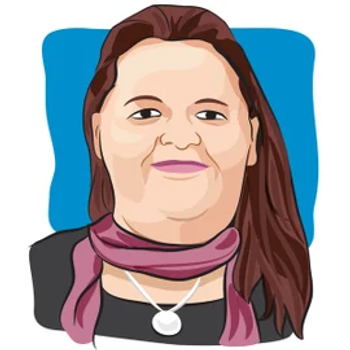
A woman who was the primary caregiver for her sister with cancer writes about how she regrets not utilizing social media to share updates throughout the treatment journey.

A woman who was the primary caregiver for her sister with cancer writes about how she regrets not utilizing social media to share updates throughout the treatment journey.

What do you do when cancer begins to drive a wedge between you and your partner? “I always feel it could cause the end of my relationship because I’m too much,” writes one survivor.

A woman explains how living with Lynch syndrome prepared her for the anxiety felt during the COVID-19 pandemic and discusses a painful loss she experienced.

Experiencing the trauma of cancer can make you feel like the universe is working against you. One cancer survivor explains the series of events that changed his outlook.

A woman with metastatic breast cancer describes a fulfilling experience of meeting another survivor who has lived a similar cancer journey, and the unique lasting connection it can create.

A retired oncology social worker offers several tips on supporting a friend who has cancer, as well as ways to ask for support as a patient with cancer.
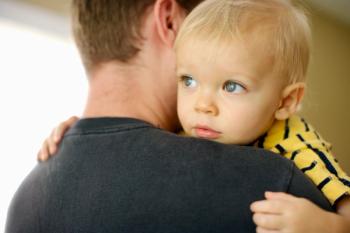
While it is normal for parents of childhood cancer survivors to experience anxiety and depression related to the fear of disease progression, parents are encouraged to seek help to ensure that the fear or progression doesn’t lead to debilitating consequences, according to an expert at Children’s Hospital of Philadelphia.

Cancer survivors who identify as LGBTQ reported a lack of access to tailored resources and support groups and fear of discrimination.

More people are aware of the disparities LGBTQ patients face, but prohibitive legislature could be moving the needle backward when it comes to equality in care.
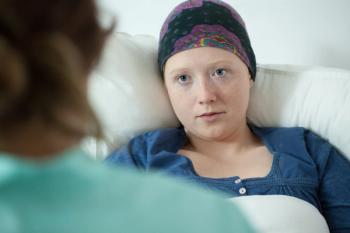
Assigning healthy classmates to accompany patients with cancer in their peer group to hospital visits had a positive impact on the patients’ social and emotional wellbeing.

There is no right decision on if – or how – to reveal a cancer diagnosis in the workplace.

Having a pet to care for may motivate patients to exercise and be positive when undergoing cancer treatment.

More than one third of adults and adolescents who were diagnosed with cancer between ages 15 and 39 were hesitant about receiving the COVID-19 vaccine, despite being an at-risk group.

Skin cancer can have detrimental effects on not only a patient’s physical health, but their emotional and mental health as well, according to an expert at the CURE® Educated Patient® Skin Cancer Summit.
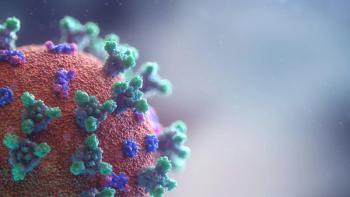
We may never know what triggered the global pandemic that has claimed more than 3.8 million lives. And we won’t know the long-term effects until enough time has elapsed. What we do know for certain is that the incredible strength and collaboration of the scientific community have allowed us to regain some semblance of normalcy.

A cancer survivor explains how she is approaching her reentry into the world after COVID-19 restrictions have been lifted.

On social media, CURE® recently asked its readers to share what was the most meaningful thing someone has said to them during their cancer journey. Here’s what they shared.
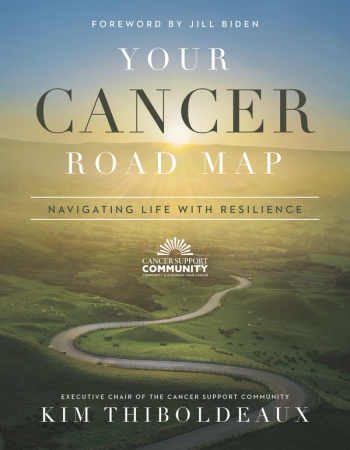
It is important to help people feel more confident as they face many decisions during their cancer journey and provide them with resources to show them that they don’t have to face the disease alone.

Patients with cancer experienced higher levels of loneliness, isolation and symptom burden due to social distancing procedures for COVID-19, according to a recent study.

On social media, CURE® recently asked its readers to share what was the most surprising thing that changed in their life since receiving a cancer diagnosis. Here’s what they shared.

A doctor from the department of radiation oncology at Emory’s Clifton Campus describes a nurse at her institution who goes “above and beyond” her call of duty by training her colleagues and making her patients feel comfortable.

On social media, CURE® recently asked its readers to share what unexpected, non-treatment-related costs they incurred during their cancer journey. Here’s what they shared.
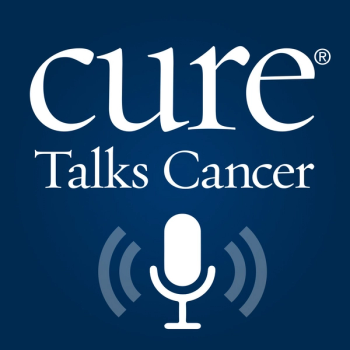
In this episode of the “CURE® Talks Cancer” podcast, Dr. William Breitbart, chairman of the Department of Psychiatry and Behavioral Sciences at Memorial Sloan Kettering Cancer Center, discusses the impact of the COVID-19 pandemic on mental health within the cancer community and what people can do to manage this extra strain.

Long-term survivors of childhood cancer may have increased risks of cancer-related worries, which may be associated with higher levels of substance use, health care utilization and lower rates of physical activity.

When a patient’s cancer care team determines treatment is no longer working, it’s time to make some difficult decisions regarding long-term care, writes one breast cancer survivor. Here, she shares advice on how family members can offer their love and support.

A woman with metastatic breast cancer laments the losses she’s faced due to cancer.
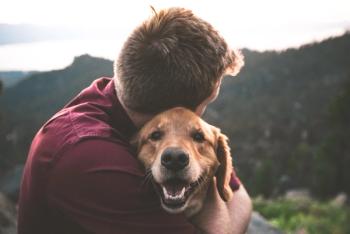
On social media, CURE® recently asked its readers to share how a pet helped them during their experience with cancer. Here’s what they shared.
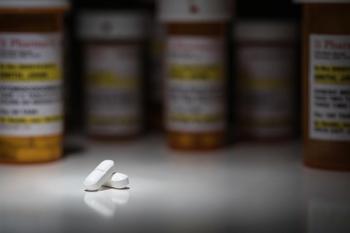
According to a survey of 26 patients with advanced cancer, many reported that the U.S. opioid epidemic impacted their opinions of opioid use for pain management and conversations with their clinician regarding prescriptions.

A man who lost his wife to melanoma explains how he channeled his grief into advocacy that led to a change in legislation.

The Philadelphia-based cancer center has enrolled patients who receive port insertions in MyCareCompass, a new program that organizes patient information and provides educational content to help patients understand their treatment.